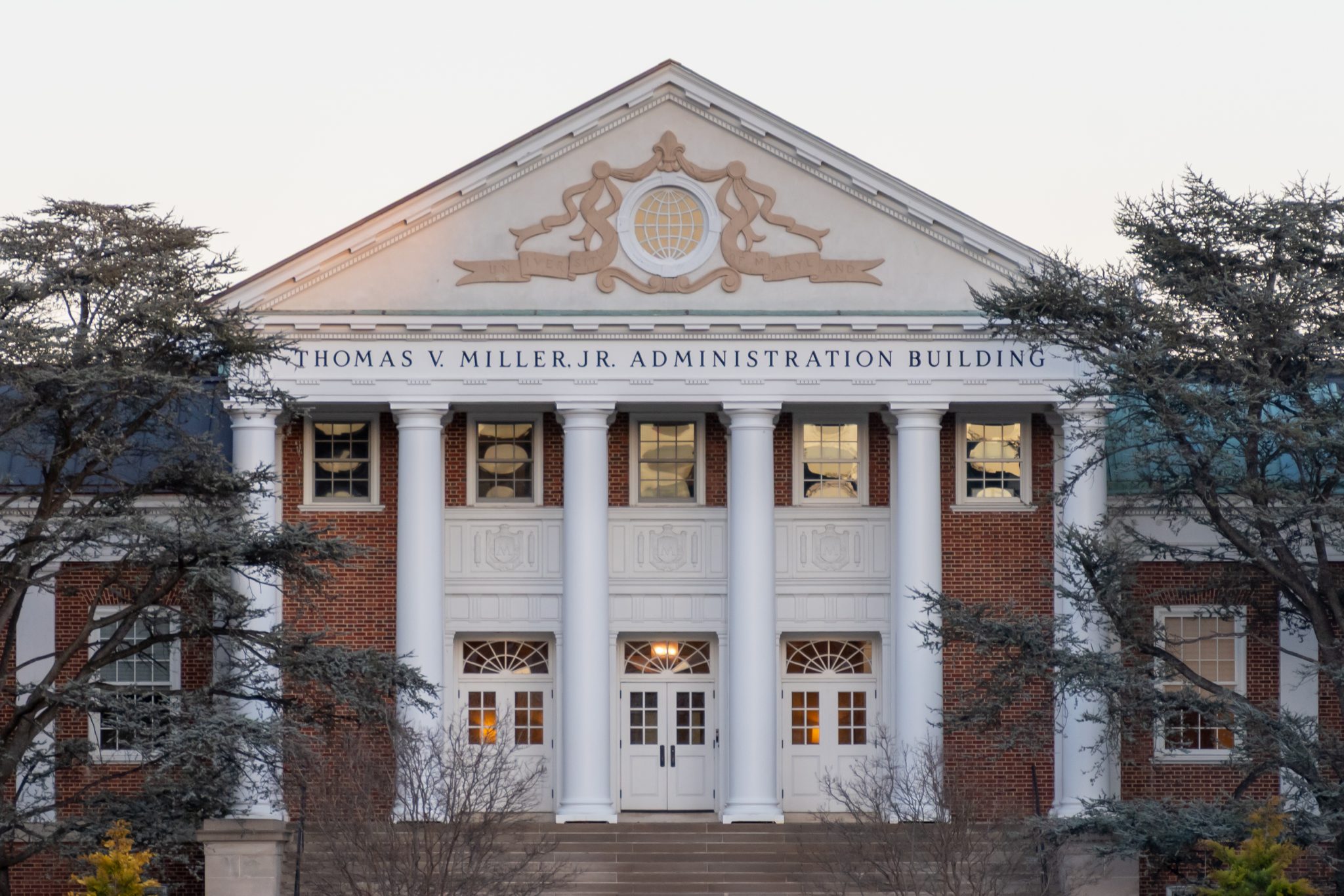University of Maryland president Darryll Pines said during an SGA meeting Wednesday that the university has discussed the implications of a federal inquiry that asks Pines to provide information about Chinese national students and faculty to a congressional committee.
The House Select Committee on the Chinese Communist Party sent Pines a letter on March 19 that urges this university to provide details about Chinese national students’ involvement in federally funded research and the “security of sensitive technologies developed on campus.”
The letter said universities across the United States have become too financially dependent on international student enrollment, specifying Chinese students, and that “unchecked enrollment” of Chinese nationals “risks facilitating the technological transfers that strengthen Beijing’s military and economic competitiveness at our nation’s expense.”
The committee sent the same letter to the presidents of five other universities, including Stanford and the University of Southern California, according to a news release from the committee on March 19.
The letter, signed by U.S. Rep. and committee chairman John Moolenaar (R-MI), asks this university to provide six pieces of information, including:
- The universities that Chinese national students previously attended and their research affiliations.
- Chinese national students’ sources of tuition funding, including “personal wealth scholarships, Chinese talent recruitment programs [and] Chinese government grants.”
- The type of research the students are working on and the programs’ funding sources.
- All university programs with Chinese national participants and the sources of funding for each.
- A list of labs and research initiatives where Chinese national students work.
- A breakdown of applicants, admittances and enrollments at the university by country.
The letter also includes 14 questions, such as whether this university has restrictions on certain courses taken by Chinese students or faculty.
According to university data, 1,047 international students from China are enrolled at this university — the lowest number since 2012, the earliest year data is publicly available.
Pines said at Wednesday’s SGA meeting that a committee staffer did not have a clear response when he asked what the goal of the request was. He added that he met with legal counsel, the state’s attorney general, and senators Wednesday to seek guidance on what the university should do from a legal and congressional perspective.
This university said in a statement to The Diamondback that it is working on a response in accordance with federal privacy laws.
[UMD international students prepare for uncertainty after Trump’s executive orders]
A petition circulated by the Graduate Labor Union stated that the committee’s letter escalates existing xenophobic federal policy and that following its demands may set a precedent that legitimizes the “demonization” of other demographics.
The petition demands that this university refuse to comply with the committee’s requests. As of Wednesday, more than 700 university community members have signed the petition.
In response to the petition, Pines wrote in an email Sunday that community members are encouraged to contact the university’s legal office if they feel their rights may have been violated.
“We will do our very best to be responsive to the Federal inquiry while upholding the [university’s] policies and procedures, as well as our commitment to first amendment rights and academic freedom,” Pines wrote.
The petition was updated on Sunday — after Pines’ email — to additionally urge students to email university leadership and “call out their willingness to comply with this bad faith request.”
Multiple student organizations, including this university’s Asian American Student Union and Anti-Imperialist Movement coalition condemned Pines’ response in a joint Instagram post on Monday. Pines made no “actionable guarantee” to protect Chinese researchers at this university, the post read.
“This is another blatant example of [the university’s] corporate ties to national security and defense and placing those above students,” the post read.
Staff writer Lillian Glaros and data reporter Theodore Rose contributed to this report.



